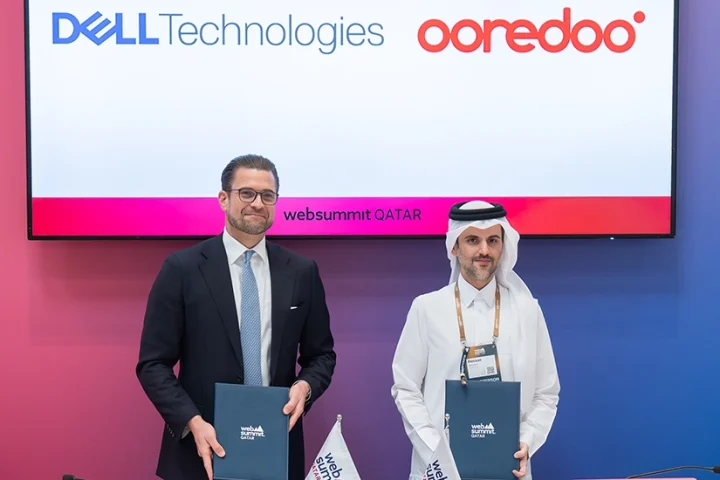Mimecast, an email and collaboration security company, will showcase the availability of the Mimecast X1 Platform at GITEX Technology Week 2022. The widespread adoption of hybrid work environments coupled with the increased usage of digital-centric communication channels has expanded the attack surface – creating new organisational security risks for both people and data. By safeguarding email and business communications, the Mimecast X1 Platform is engineered to leverage a rich source of intelligence to learn about people and how they collaborate. These insights enable organisations to work protected by protecting their people, data, and communications.
Gartner forecasts that 50% of C-level executives will have performance requirements related to risk built into their employment contracts by 2026. The Mimecast X1 Platform is designed to mitigate risk across email communications – the No. 1 attack vector – and help empower organisations to secure their workplace environment wherever work happens. It serves as the foundation of the Mimecast® Product Suite – built to drive industry-leading detection capabilities, deliver reliability, resilience and scale, and transform data into insights that turn email and collaboration security into the eyes and ears of organisations worldwide.
The Mimecast X1 Platform encompasses four core innovations designed to mitigate risk and manage complexities:
- Mimecast X1™ Precision Detection: Mimecast X1 Precision Detection is engineered to apply the latest advancements in AI and Machine Learning and enable intelligent detection of emerging and unknown threat types, while layered protection keeps users safe all the way down to the point of risk. The industry’s most robust view of the email threat landscape – derived from Mimecast’s inspection of 1.3 billion emails daily – powers instantaneous blocking of the vast majority of email-based threats.
- Mimecast X1™ Service Fabric: By allowing customers to grow securely and seamlessly and uncover user insights that can accelerate detection and response, the Mimecast X1 Service Fabric provides the foundation for cloud-delivered security at scale.
- Mimecast X1™ Data Analytics: Providing the foundation for a wide array of services and capabilities – from the discovery and analysis of new threats and accelerated product innovation to rich context for threat researchers and support for cross-correlation of data with systems beyond email – X1 Data Analytics is built with one primary goal in mind: making information actionable for customers.
- Mimecast Extensible Security Hooks (MESH): MESH exposes a vast API ecosystem that supports fast, simplified integration of Mimecast with existing security investments. Hundreds of integrations to third party security solutions have been implemented, spanning SIEM, SOAR, EDR to TIP and XDR. The result is reduced complexity, lowered risk, and optimised security investments.
Werno Gevers, cybersecurity expert at Mimecast, says: “GITEX offers companies a great opportunity to share new solutions with the market and connect with customers, partners and other likeminded organisations. For Mimecast, it’s also an opportunity to share our new vision of helping the world work protected and the importance of an integrated ecosystem. Since we’re sharing a stand with our partner Netskope, we looking forward to showcase how organisations can leverage Netskope’s security cloud and Mimecast’s email security to provide better protection and response against a broad range of malicious actors.”


















